"Emanuel Swedenborg, Secret Agent on Earth and in Heaven. Jacobites, Jews, and Freemasons in Early Modern Sweden" is a 800-page scholarly work by Marsha Keith Schuchard, an American historian specializing in William Blake and his sources. I suppose this is about those sources!
The book is extremely detailed and deals more with political and Masonic intrigue than with esotericism, although that subject is also touched upon. Indeed, one of the author's points is that the distinction between "real" espionage and esoteric activities aren't that obvious, anyway.
The center of attention is Swedish esotericist Emanuel Swedenborg (1688-1772), the so-called Seer of the North. Schuchard argues that the real life Swedenborg was very different from the picture painted by his later followers in the Swedenborgian "New Church". Swedenborg was deeply immersed in esotericism and the paranormal since his childhood. He had contacts with a wide array of antinomians, ecstatics and mystics before he began to have revelatory visions himself. Swedenborg probably practiced yoga and various erotic-spiritual techniques akin to Tantrism. With such a background, it would have been strange *not* to experience visions from the spirit-world!
But Swedenborg was more than just an apolitical scientist turned prophet in old age (or religious nutjob, if you're more skeptical). Most of his life, Swedenborg was a secret agent of the French. He was part of a shadowy "underworld" of scheming and plotting spies, double agents, turncoats, adventurers and Freemasons. In other words, 18th century European politics as usual...
After the death of Swedish warrior-king Charles XII (Karl XII) in 1718 and the defeat of Sweden in the Great Northern War, the former regional great power fell on hard times. The so-called Age of Freedom following the king's death saw a succession of weak, "parliamentary" governments. Factional bickering was rife. The two main factions in the Swedish Diet, the Hats and the Caps, were both on foreign payroll. The Hats took subsidies from France, while the Caps were underwritten by Russia and Britain. The Hats were the slightly reckless "war party", dreaming of a restoration of the Swedish great power, something Russia and Britain wanted to stop at all costs. This explains why France - Britain's perennial adversary - backed the Hats. The British and the Russians, just as inevitably, backed the Cap "peace party". While both factions were dominated by nobles, the Caps had a more "democratic" image than the obviously aristocratic Hats.
Swedenborg had began his political career working for Charles XII, whom he greatly admired. He also supported the king's controversial minister of finances, Görtz (who was disgraced and executed after Charles XII's death). During the Age of Freedom, Swedenborg was a Hat (albeit a fairly moderate one). He was a member of the House of Nobles in the Diet, and sometimes attended meetings of the Secret Committee, where Swedish foreign policy was decided upon. Above all, Swedenborg was a Hat-French intelligencer.
The French king Louis XV was running a vast intelligence network all over Europe, known as Secret du Roi. Or rather *not* known, not even to the king's own ministers. The French court was split into several factions (including a pro-British "peace party"), and Louis clearly didn't want to risk sensitive information getting into the wrong hands. Schuchard considers it more or less proven that Swedenborg was on Louis XV's payroll. Despite a frugal life style, the future Seer of the North always had mysteriously large sums at his disposal. When the Hats joined forces with the so-called Court Party (which called for more royal power), the Age of Freedom was drawing to its close. Swedenborg supported king Gustav III, seeing him as the savior of Sweden and as a new Charles XII. In 1772, after Swedenborg's death, Gustav III did carry out an "auto-golpe" with Hat support. Perhaps it saved Sweden from being dismembered by Russia.
Due to their secrecy, Masonic lodges were excellent vehicles for espionage and intrigue. France operated a network of pro-French Masonic orders. The Hanoverian regime in Britain created their own international Masonic network in turn. Later, Gustav III would set up a pro-Swedish Masonic network, with himself as Grand Master of the Swedish Order. The most important component of the Francophile lodges were the Jacobites, Catholic supporters of the House of Stuart, who had fled Britain after the 1688 Glorious Revolution and the subsequent defeat of James II at the Battle of the Boyne. The Jacobites (many of whom were Scottish) became French "assets". A whole series of attempted invasions of Britain and other plots against the British government involved the Jacobites. Their de facto leader Bonnie Prince Charlie (The Young Pretender) became a romantic figure, moving around Europe in heavy disguise, secretely visiting various Masonic lodges, and eventually elevating himself to the Grand Master of the Temple during the 1745 Jacobite invasion of Scotland. Apparently, Gustav III later took over the title, despite being a Protestant! Sweden often aided Jacobite attacks on the British. Schuchard believes that Charles XII's attack on Norway (during which he was killed) was part of a wider plan to invade Britain. The mysterious "Madagascar pirates" were also Jacobites...
I always assumed that the Jacobites were ultramontane Catholic fanatics, but if Schuchard is right, the picture is cobsiderably more complex. The loyal followers of the House of Stuart did believe in the divine right of kings (royal autocracy), but on other issues, they were surprisingly "enlightened". The Jacobites called for religious tolerance for all Christian groups, but also for Jews and Muslims. Jewish immigration to Europe should be encouraged. Alliances with the Muslim Ottoman Empire were seen as non-problematic. The tolerance towards other faiths weren't simply driven by economic (Jews) and political (Muslims) factors. The esoteric aspects of Jacobite "Scottish" Freemasonry also played a part. There was a strong interest in both the Jewish and the Hermetic Kabbala, in Jewish-Christian syncretism, Hebrew studies, and even Quranic studies. Swedenborg was (of course) part of this milieu, a kind of occult-Jacobite underground. This might explain why a Masonic body claiming descent from the Catholic Knights Templar could nevertheless have a Lutheran Grand Master.
Going back to Swedenborg, Schuchard believes that many of his "paranormal powers" have more earthly explanations. How did Swedenborg know about the great fire of Stockholm in 1759 while he was in Gothenburg? Perhaps he had access to secret British intelligence?The fire may have been the work of British agents. Some of his visions were wrong! The author speculates that Swedenborg may have suffered from temporal lobe epilepsy.
Schuchard has written a (perhaps) more accesible work on this murky topic, "Why Mrs Blake Cried". The work under review is for specialized research libraries only. Still, a compelling and fascinating book!

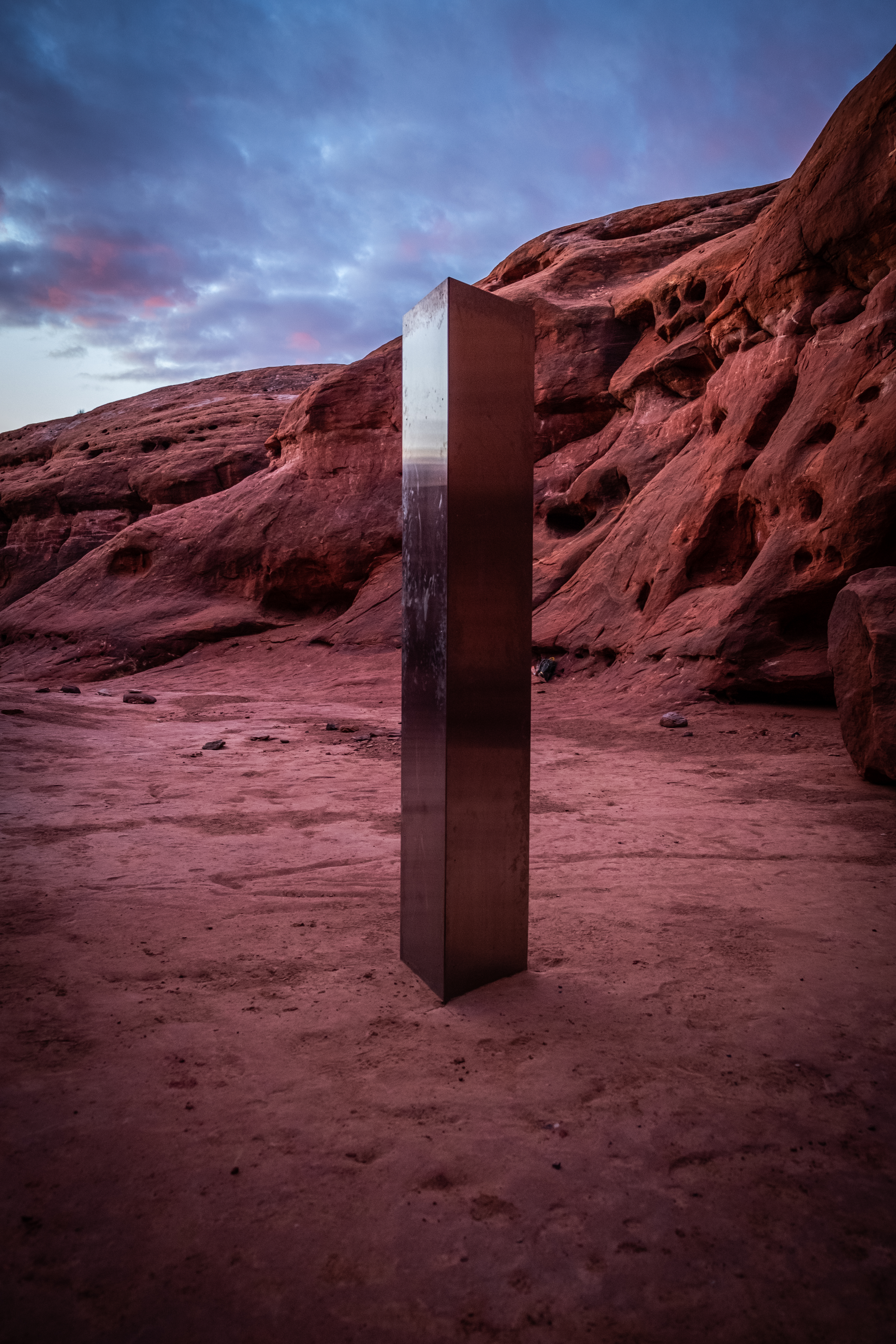


.jpg)

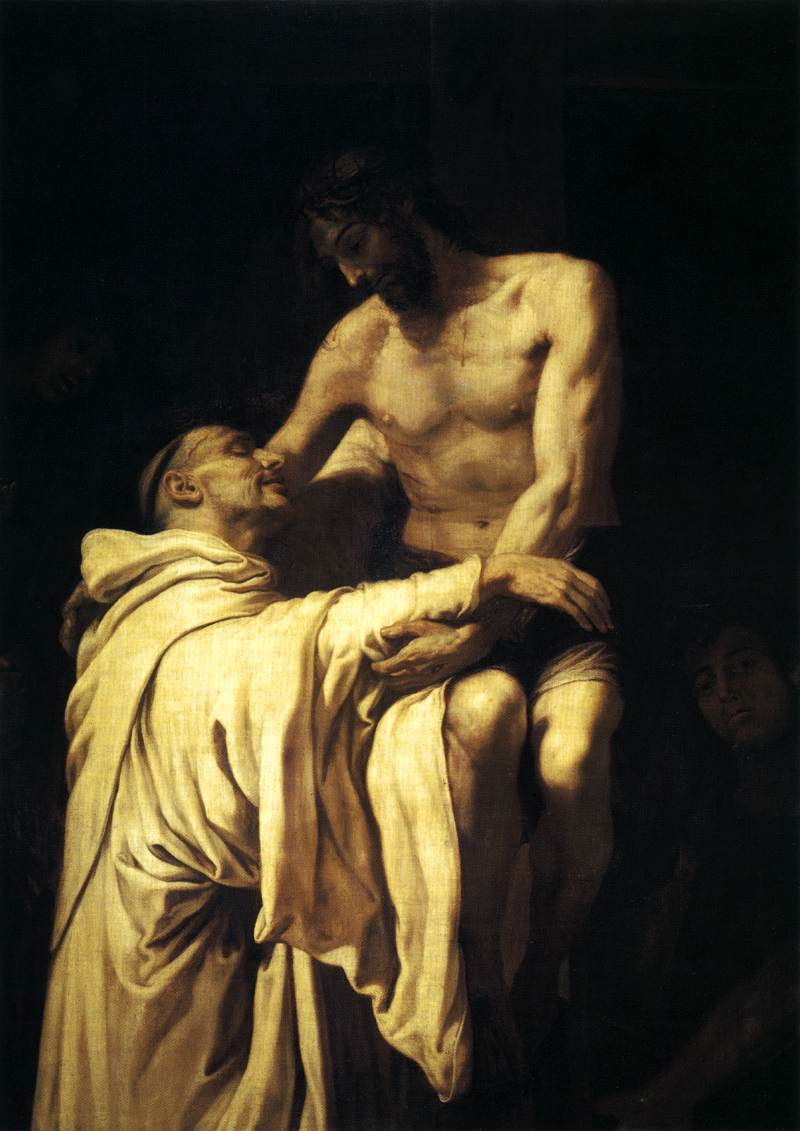




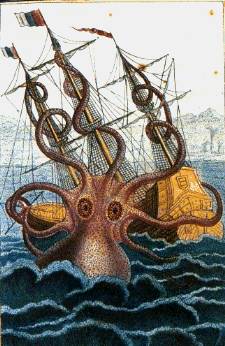



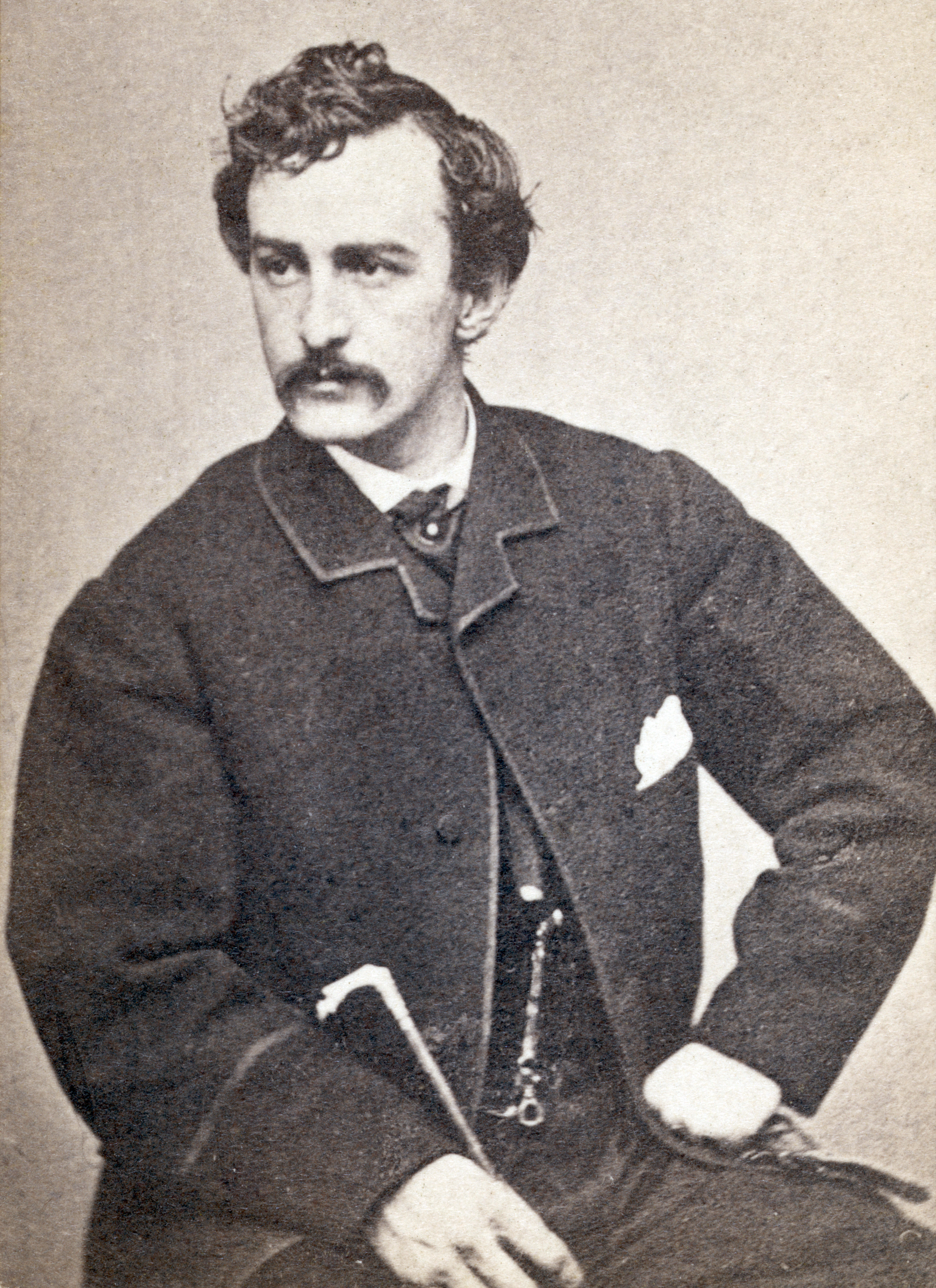


_cropped.jpg)




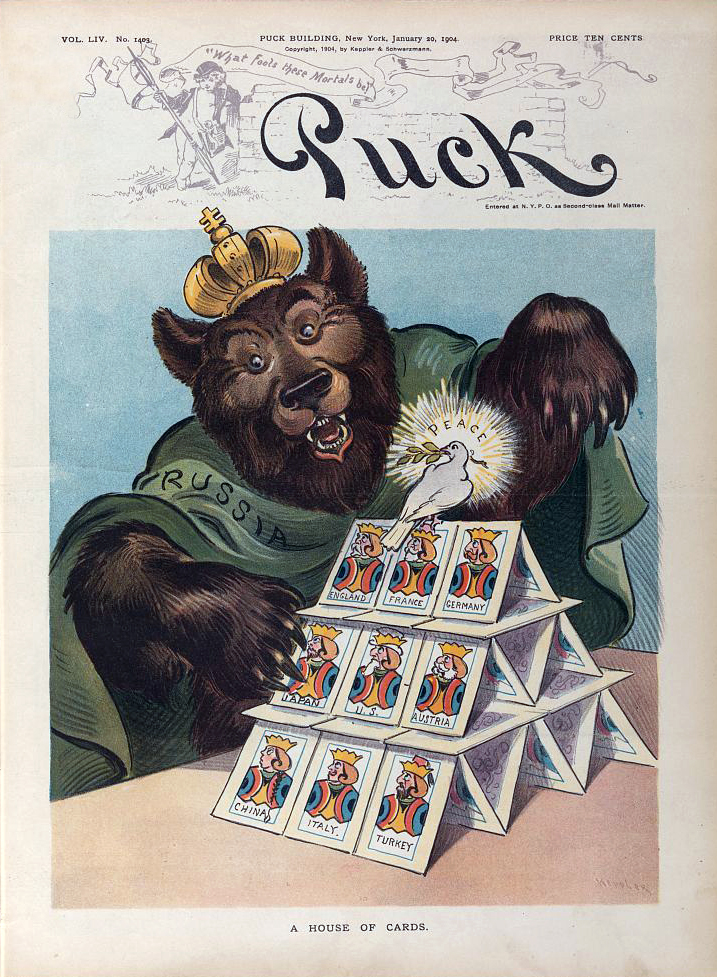
.jpg)



.jpg)
.jpg)


_01.jpg)
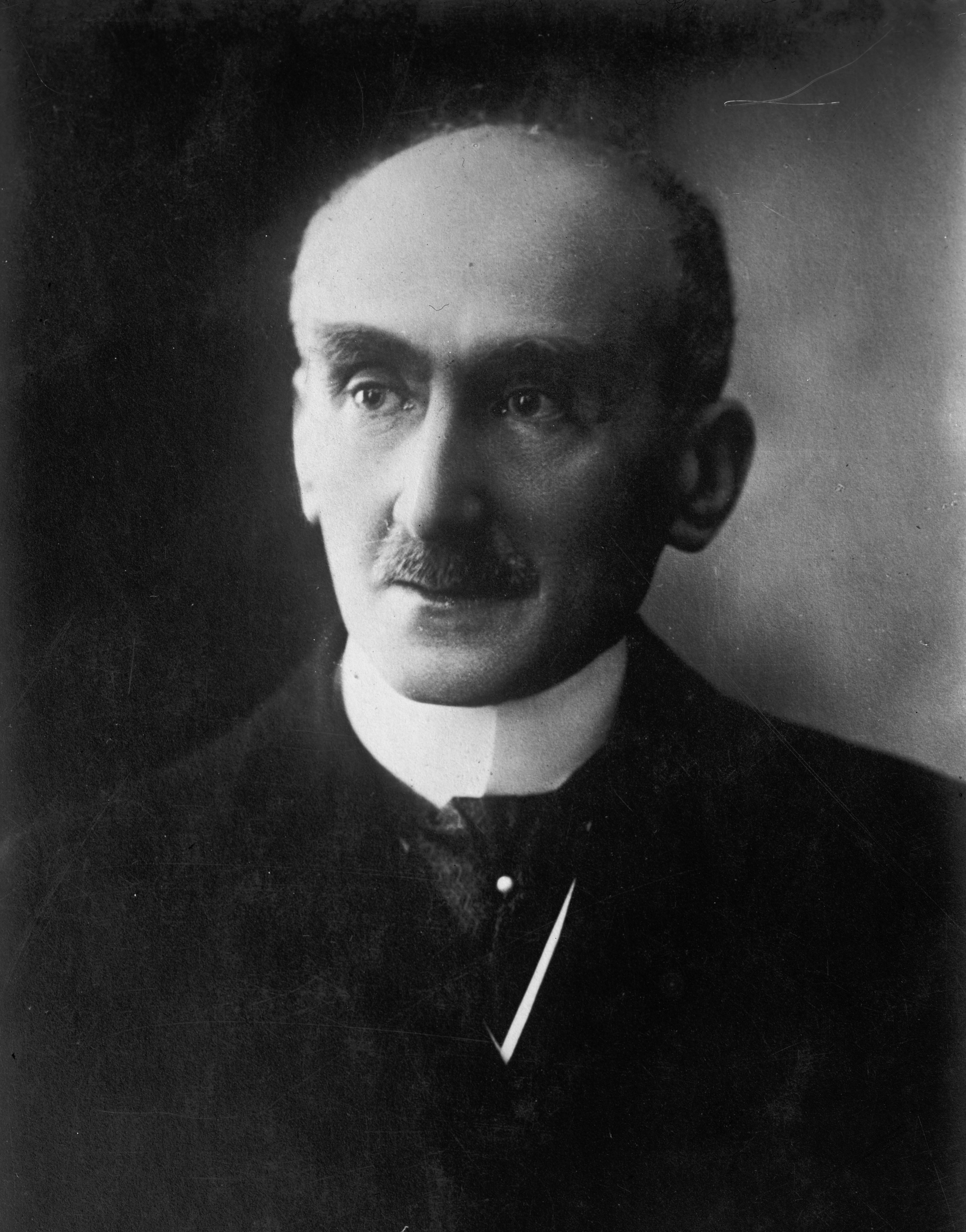
.jpg)

_(cropped).jpg)
_-_Detail.jpg)

.jpg)